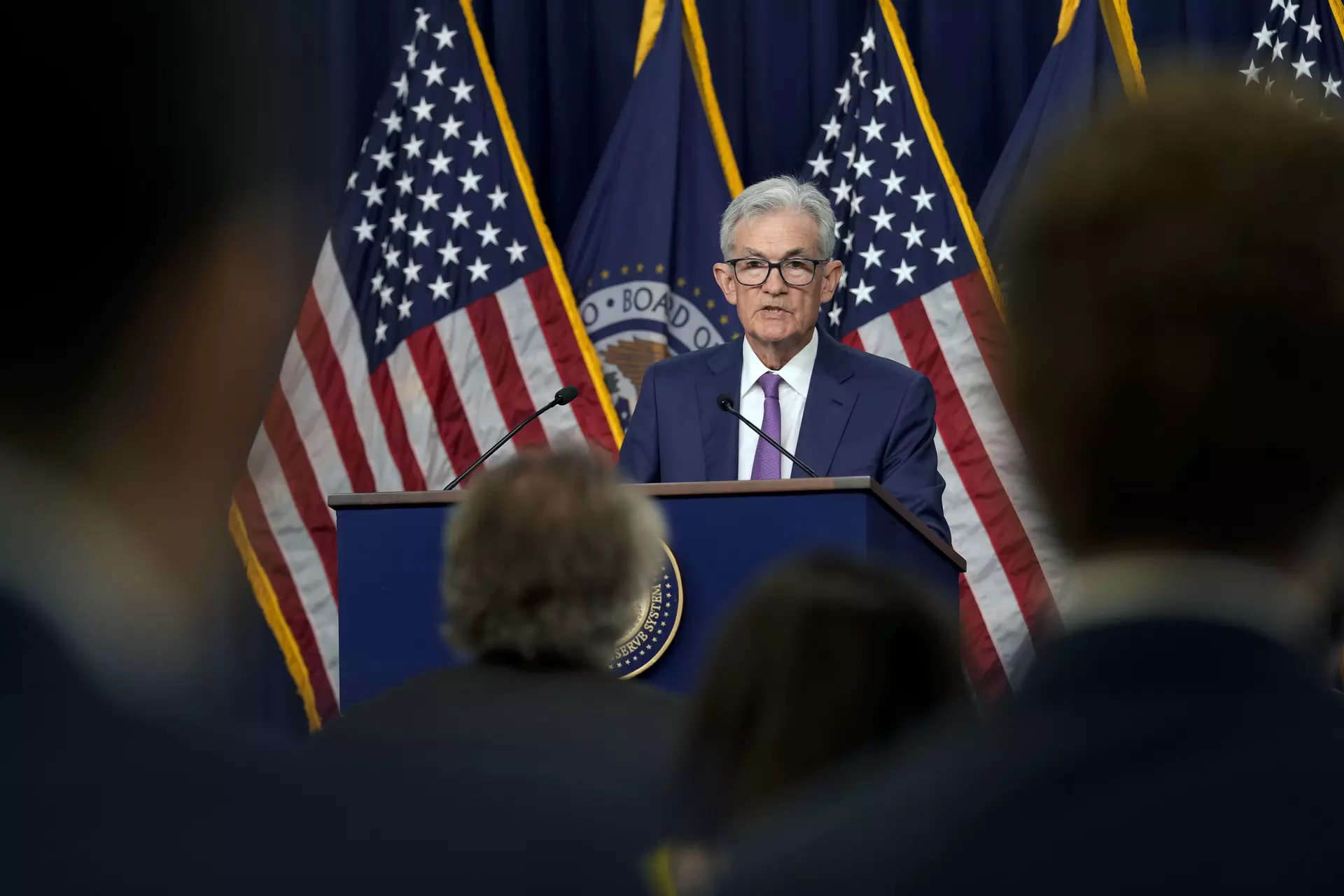Federal Reserve is likely to scale back plans for rate cuts because of persistent inflation
The Fed's rate policies typically have a significant impact on the costs of mortgages, auto loans, credit card rates and other forms of consumer and business borrowing. The downgrade in their outlook for rate cuts would mean that such borrowing costs would likely stay higher for longer, a disappointment for potential homebuyers and others.
officials on Wednesday will likely make official what's been clear for many weeks: With inflation sticking at a level above their 2 per cent target, they are downgrading their outlook for cuts. In a set of quarterly they will issue after their latest meeting ends, the policymakers are expected to project that they will cut their rate just once or twice by year's end, rather than the three times they had envisioned in March.The Fed's rate policies typically have a significant impact on the costs of mortgages, auto loans, credit card rates and other forms of consumer and business borrowing. The downgrade in their outlook for rate cuts would mean that such borrowing costs would likely stay higher for longer, a disappointment for potential homebuyers and others.
Still, the Fed's quarterly projections of future interest rate cuts are by no means fixed in time. The policymakers frequently revise their plans for rate cuts - or hikes - depending on how economic growth and inflation measures evolve over time.
But if borrowing costs remain high in the coming months, they could also have consequences for the presidential race. Though the unemployment rate is a low 4 per cent, hiring is robust and consumers continue to spend, voters have taken a generally sour view of the economy under President Joe Biden. In large part, that's because prices remain much higher than they were before the pandemic struck. High borrowing rates impose a further financial burden.
The Fed's updated economic forecasts, which it will issue Wednesday afternoon, will likely be influenced by the government's May inflation data being released in the morning. The inflation report is expected to show that consumer prices excluding volatile food and energy costs - so-called core inflation - rose 0.3 per cent from April to May. That would be the same as in the previous month and higher than Fed officials would prefer to see.
Overall inflation, held down by falling gas prices, is thought to have edged up just 0.1 per cent. Measured from a year earlier, consumer prices are projected to have risen 3.4 per cent in May, the same as in April.
Inflation had fallen steadily in the second half of last year, raising hopes that the Fed could achieve a "soft landing," whereby it would manage to conquer inflation through rate hikes without causing a recession.
Such an outcome is difficult and rare.
But inflation came in unexpectedly high in the first three months of this year, delaying hoped-for Fed rate cuts and potentially imperiling a soft landing.
In early May, Chair Jerome Powell said the central bank needed more confidence that inflation was returning to its target before it would reduce its benchmark rate. Powell noted that it would likely take more time to gain that confidence than Fed officials had previously thought.
Last month, Christopher Waller, an influential member of the Fed's Board of Governors, said he needed to see "several more months of good inflation data" before he would consider supporting rate cuts. Though Waller didn't spell out what would constitute good data, economists think it would have to be core inflation of 0.2 per cent or less each month.
Powell and other Fed policymakers have also said that as long as the economy stays healthy, they see no need to cut rates soon.
"Fed officials have clearly signaled that they are in a wait-and-see with respect to the timing and magnitude of rate cuts," Matthew Luzzetti, chief US economist at Deutsche Bank, said in a note to clients.
The Fed's approach to its rate policies relies heavily on the latest turn in economic data. In the past, the central bank would have more weight on where it envisioned inflation and economic growth in the coming months.
Yet now, "they don't have any confidence in their ability to forecast inflation," said Nathan Sheets, chief global economist at Citi and a former top economist at the Fed.
"No one," Sheets said, "has been successful at forecasting inflation" for the past three to four years. (AP) NPK NPK
Source: Stocks-Markets-Economic Times
